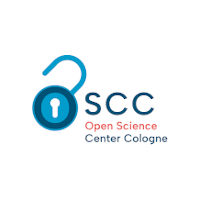Open Source
For the preservation of research results, it makes sense to avoid proprietary data formats for the sake of interoperability and long-term availability. There is no problem using proprietary software if the results can be stored in open file formats or converted as losslessly as possible.
The UoC recommends the use of open software if it is available in high-quality and secure form.
In the development of computer codes or software, openness (open code/open source) enables further use, as well as participation and collaboration among users. If codes (e.g. data analysis scripts, control scripts of experiments) and/or software are part of the research process and the research performance, their publication is on the one hand important for the verification of the research results, on the other hand also an incentive for their reuse and possibly collaborative further development.
The UoC encourages its researchers to make scripts and programs developed by them available under appropriate open source licenses whenever possible. In advance, available consulting services should be used and it should be checked whether the use of certain OSL licenses conflicts with future usage and exploitation options or third-party rights.
Support Service for Open Source
You can find more information about open source software here: https://rrzk.uni-koeln.de/en/software-multimedia/software/open-source-and-free-software
Video trainings on open source topics can be found via LinkedIn Learning, which is free of charge for members of the University of Cologne: https://rrzk.uni-koeln.de/en/support-information/rrzk-e-learning-offers/linkedin-learning
